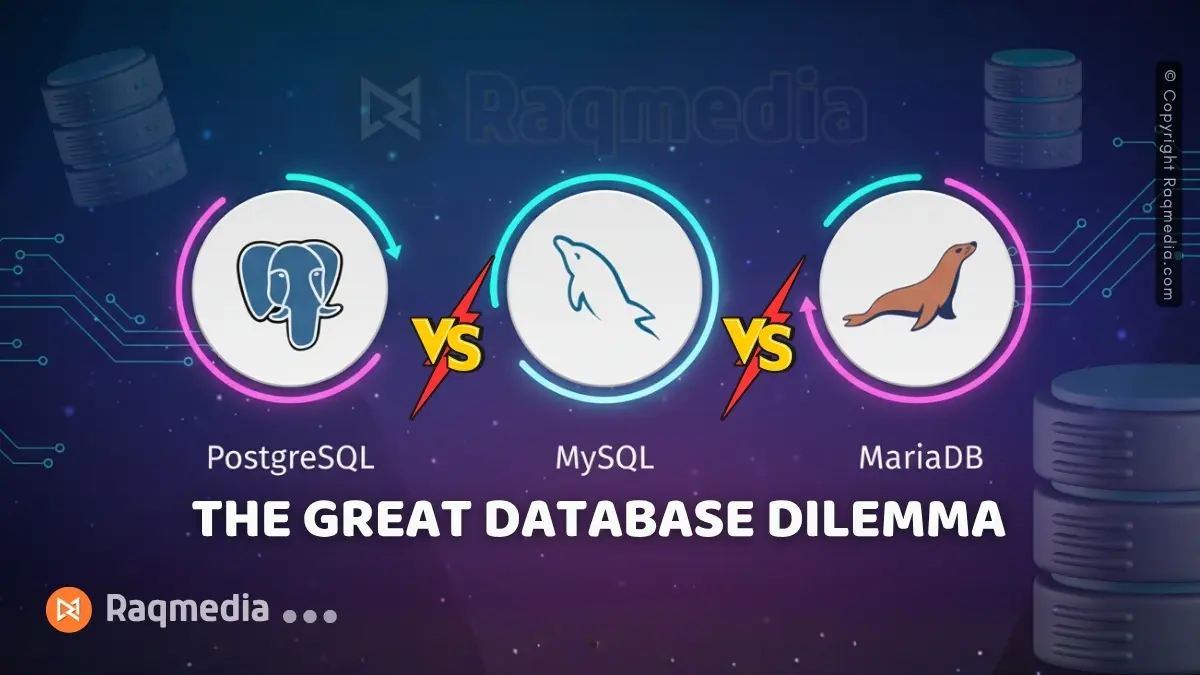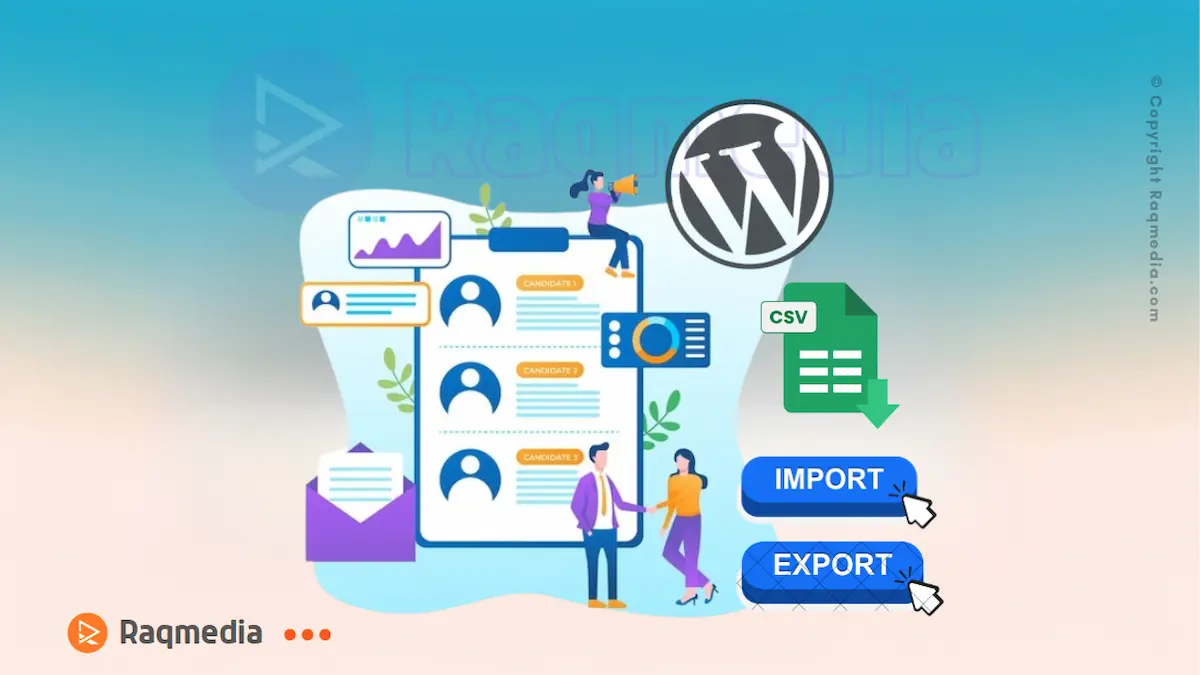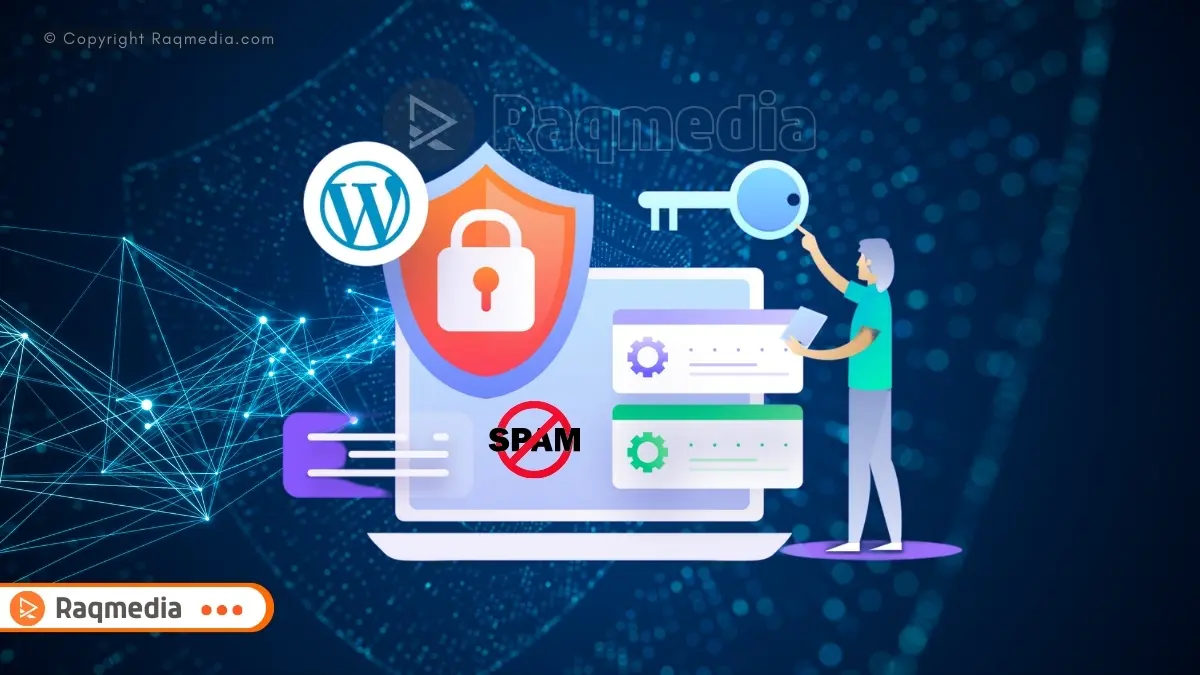Which Blogging Platform Is Best?
Pros and Cons of Blogger:
Pros of Blogger:
Totally free of charge:
You can sign in using your Gmail account and create a free blog on the Blogspot platform in no time at all. You also get a Blogspot domain name instantly at no charge. However, if you already have a custom paid domain name, you can easily link it to your created blog and start using it without extra fees.
Powerful Blog / Site Protection:
One of the things that Blogspot offer to its users is the powerful servers of Google. You consequently benefit from its well-known protection against all the threats that may cause security issues. Your blog is safe from penetration or hacking as Google does not give access to the root file or even the possibility to upload files which makes the chances to get hacked almost 0%.
Ease of Creation and Blog Management:
Creating a blog is almost instantly as long as you have a Gmail account. You can right away start posting and managing your blog in few minutes with the several options and tools available such as the layout, theme or comments.
Fast Loading and Lifetime Availability:
Your blog will have a high speed loading that competes with paid services and even beats it. That is explained by the powerful hosting servers of Google – and all for free!
One more benefit that will certainly saves you a lot of money: Google offers you a lifetime availability blog that will remain online and alive as long as you have not decided to delete it! However, you must adhere to the terms of use in order not to be suspended.
Unlimited Number Of Posts & Pages:
Unlike other platforms and hosting services, Blogspot opens you the sky to write as many posts as you can with no effect on your overall website. On other platform like WordPress, the publisher needs to keep an eye on the SQL size. Hence you limit here is your potential.
Cons of Blogger:
Can’t Modify .access File:
As we mentioned before in Blogspot you won’t get access to the root file or “.access” file and you can’t upload scripts or add-ons too. This make it very hard to modify and customize your blog as much as you like.
Discontinuous Updates:
Unfortunately Blogger does not get constant updates. Yet, Google is starting to give more focus on the platform especially after the shutdown of Google+. As we are writing this pot Blogger is launching new options.
Does not Support Plugins:
Users can’t install their own plugins into the platform or their blogs and instead they can use the so called widgets. The latter are really getting more and more advanced. You can have an idea about some of the most useful Blogger widgets from here.
Pros and Cons of WordPress:
Pros of WordPress:
Free Open Source Script:
As we all know WordPress is one of the most popular blogging scripts used all over the world. One of the things that explains this popularity is being an open source and free to use script that you can download, install and start your blogging journey.
Have Full Access to Your Website:
The publisher has full access to the source file of the website. That means you can fully customize your blog or site. Besides you can control everything through a Cpanel whether the themes, plugins or databases.
Regular Updates and Security Patches:
The WordPress Platform offers a regular updates and security patches to the scripts. This keeps your blog safe from the various threats that you may encounter. Once you install the script, you will have the option to update it automatically through the WordPress dashboard.
Excellent SEO Tools:
No one denies that one of the verdicts of WordPress is that it offers one of the fastest indexing in the search engines which is the gate to bringing traffic to your blog and thus higher ranks. By having full control of the site enables you to customize the tags and search description to meet the indexing standards or SEO. Furthermore, you can use SEO plugins and the most efficient and popular one is Yoast SEO plugin.
Cons of WordPress:
Extra Bills:
Unlike Blogger which is totally free to use, WordPress requires a hosting platform. Besides, you need to pay for a domain although you can opt for the free hosted WordPress domain which comes as follow: xxxxxxx.wordpress.org.
Less Protection:
As we mentioned before, WordPress puts everything in your hands including the security and protection of your blog against any threats or possible hacking. Therefore, you need to opt for paid options or plugins to do the job.
To start your blogging journey you can head on to the mentioned blogging platforms through the links below:


